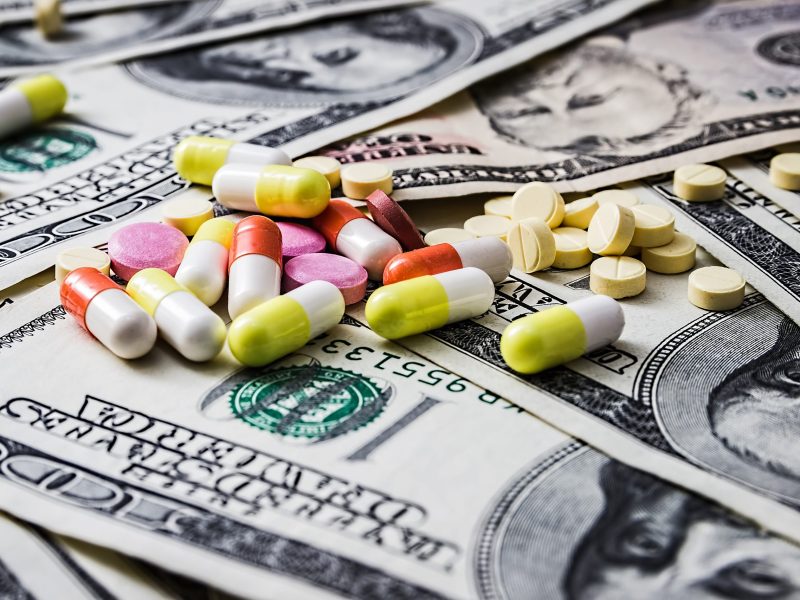Pharmaceutical sales can be a rewarding and lucrative career field. But when the desire for profits trumps following the law, sales reps can go to jail.
A 45-year-old Camden, N.J., man is facing 20 years in prison after pleading guilty to one count each of conspiracy to commit health care fraud and obstruction of justice. The man worked for a company that marketed compounded medications and received a percentage of the insurance payments.
The sales rep introduced a doctor to the company and received a percentage of the payments for the doctor’s prescriptions. He then paid the doctor a reward for writing the prescriptions. (That’s what you call a kickback.)
The man admitted to recruiting people covered by New Jersey’s state insurance plans, knowing that those plans paid thousands of dollars for certain compounded medications. The man received nearly $69,000 in compensation but caused the company $525,000 in losses.
If that weren’t enough, the man went so far as to instruct two people to lie to a grand jury about his case. He also told two others to lie to the FBI. (That never, ever works out well.)
Sentencing is scheduled for March. Besides facing a potential 20 years in prison for healthcare fraud, the New Jersey man will likely have to pay $250,000 in fines too. (Sounds like he has a few compounding problems.)
Today’s Fraud of the Day comes from the article, “Northfield pharmaceutical rep admits to health care fraud,” published Dec. 17, 2019 in The Press of Atlantic City.
CAMDEN – A Northfield pharmaceutical representative admitted his role Monday in a health care fraud conspiracy and to obstructing justice by telling witnesses to lie to the grand jury investigating the scheme, the U.S. Attorney’s Office said Monday.
Mark Bruno, 45, pleaded guilty before U.S. District Court Judge Robert B. Kugler to conspiracy to commit health care fraud and obstruction of justice, U.S. Attorney Craig Carpenito said in a news release.



